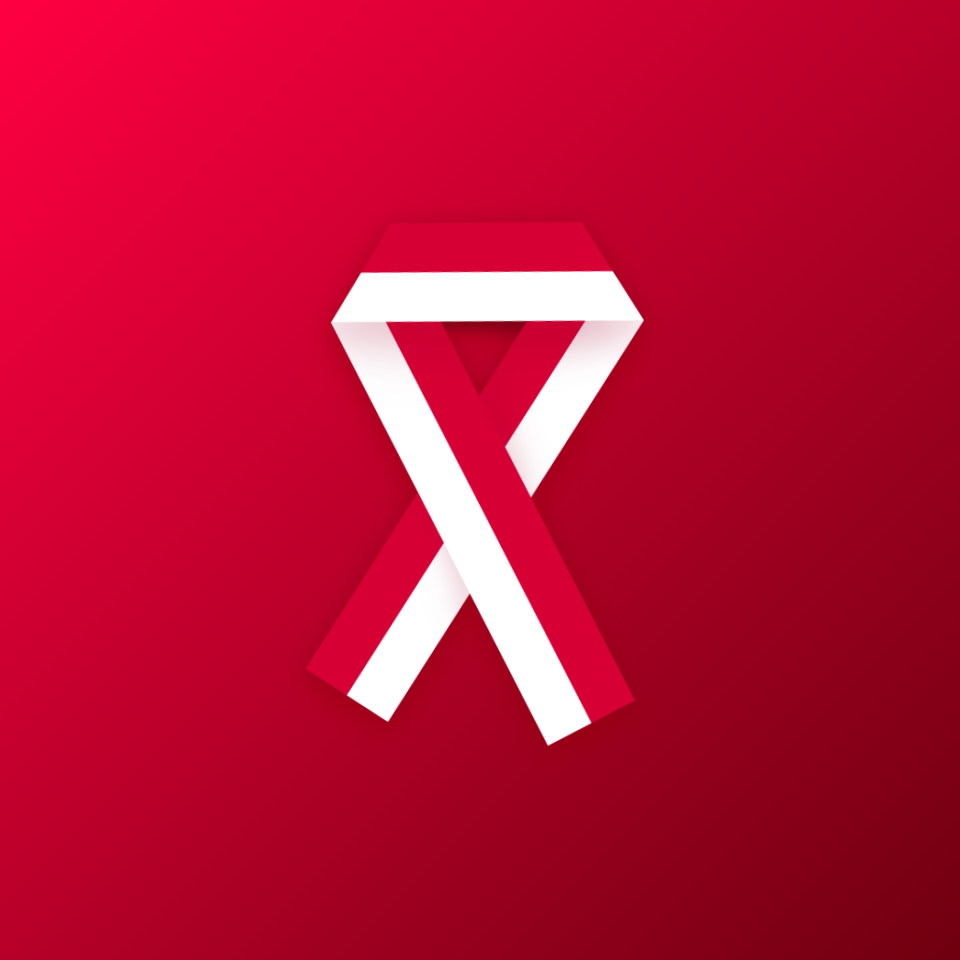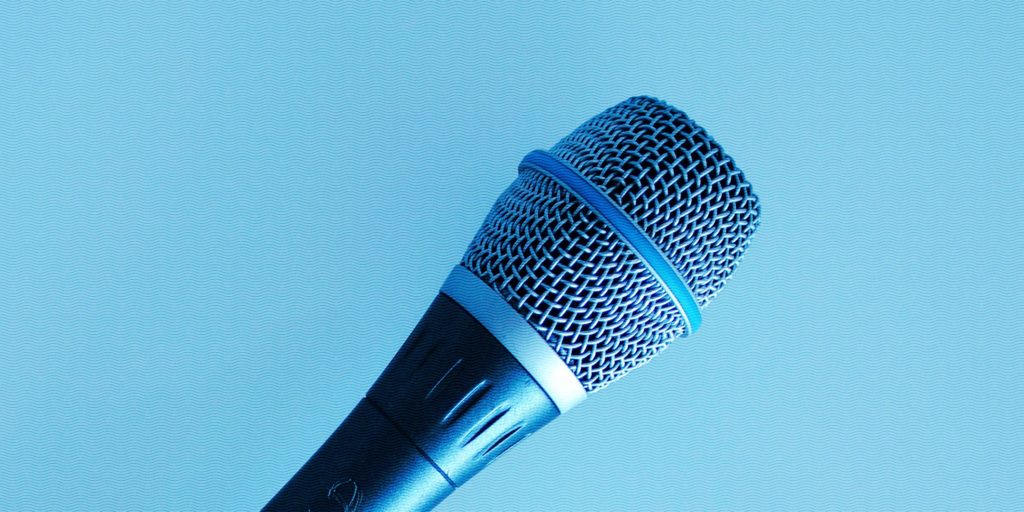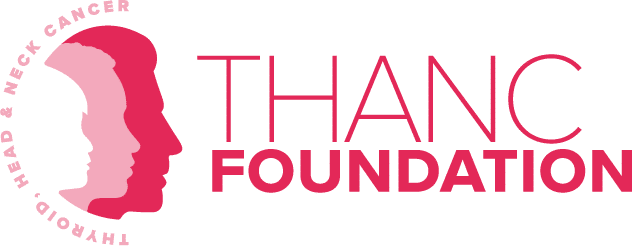
I have been a police officer for almost 23 years. After 9/11, I spent eight months at the World Trade Center. At the time, I didn’t think about the long-term effects on my health—I was just doing my job. Later, a nearby hospital opened a screening center for 9/11 responders. I knew it was important to get checked out, so I started going there immediately.
Each year I went and the test results would come back fine. However, it seemed like I was constantly hearing of more survivors and first responders getting sick. This kept me wary that something could change for the worse.
Then one day, I felt a little lump in my throat. I went to my primary care doctor, who advised me to see an ENT. The ENT started ordering tests—one test after another, including a biopsy. I never thought it could have been cancer. However, the biopsy revealed that I had oropharyngeal cancer with lymph node involvement. This was one of the cancers many 9/11 survivors were diagnosed with many years later. When the doctor told me I had cancer, I felt like I was watching the sand run out of my life’s “sand timer”—that I was watching my life come to an end.
Fortunately, I had the support of my wife, who is a nurse—she helped me through the hardest days.
I started making appointments and asking around for the best surgeon. I had the procedure almost immediately. The doctor told me he took out 37 lymph nodes. Initially, I considered this number haunting—my police department lost 37 officers on 9/11. Three lymph nodes were infected with an aggressive form of cancer. As a result, my doctor advised me to undergo chemo and radiation treatment.
The treatment was pretty grueling. The medical team strapped me down with my head in a plastic vise and put me in a tube. I prayed and did a lot of soul searching during this time. Towards the end of my treatment, I was beat up pretty badly. I felt like I had third degree burns in my throat from the radiation. I didn’t want to eat or drink, because it caused so much pain and vomiting. It’s a tough hurdle to get over. Fortunately, I had the support of my wife, who is a nurse—she helped me through the hardest days.
It’s important for people to know that it will be okay and you will make it through.
I still have lasting symptoms from the treatment. My throat is extremely dry, and I have neuropathy—my feet and hands are constantly tingling. This prevents me from running, and even acts up when I’m walking. Every doctor says I have to be patient. I might never be the same, but I am hopeful that the cancer never comes back.
It’s a scary and lonely feeling when you find out you have cancer. Talking to other people with the same cancer helped me get through it. In fact, one person I know experienced the same thing I did—sharing definitely helps. It’s important for people to know that it will be okay and you will make it through. The road has been long, but I see the light at the end of the tunnel now

Will You Share Your Journey?
April is Oral Cancer Awareness Month. As part of that theme, we post stories written by oral cancer survivors, caregivers and medical professionals for our 30 Stories in 30 Days™ campaign. The insights they share can help others along their journey.


